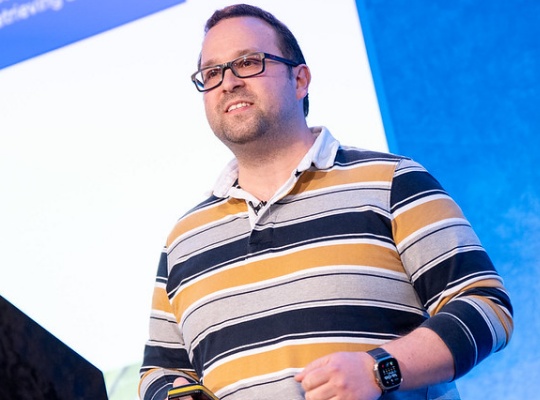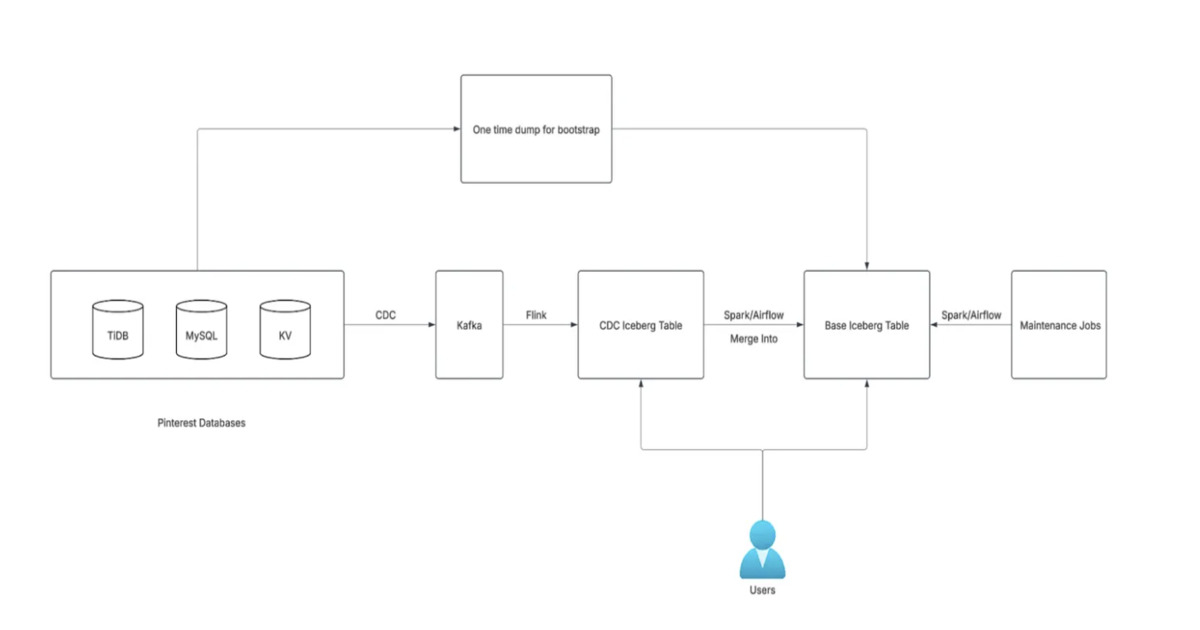Codetown
Codetown ::: a software developer's community
We're Sorry
This group does not exist.
Featured Groups
Kotlin Town
6 members
Computational Linguistics Village
15 members
Jobs
75 members
Contest Town
9 members
Community Corral
23 members
All Groups (41)
Sort by:
iPhone Development
40 members Latest Activity: Jan 29, 2015 iPhone development is going nuts! All the apps, all the possibilities. Objective-C is the language. The SDK is out. Shops are springing up everywhere…
Android Town
35 members Latest Activity: Jul 20, 2019 Android is an open Java-based platform to use for developing mobile apps. Do you believe mobile computing is the wave of the future? We do!
Cloud Computing Village
16 members Latest Activity: Aug 21, 2015 Cloud Computing is "the next big thing". The recent JavaOne featured Cloud Computing more than any other technology. Come join us and explore /…
Coding Dojo
6 members Latest Activity: Jun 26, 2019 A Coding Dojo is a meeting where a bunch of coders get together to work on a programming challenge. They are there to have fun and to engage in…
Idea Town
4 members Latest Activity: Apr 3, 2011 Have a great idea? If you have a great idea, tell the world!
Contest Town
9 members Latest Activity: Apr 13, 2010 Everyone likes a challenge. How about a contest? If you like to flex your muscle, why not join us here at Contest Town. You'll find some challenging…
.Net Town
18 members Latest Activity: Apr 13, 2020 What's up with .Net in your neck of the woods? We'll discuss all the basics here. Eventually, we'l break out separate groups for C#, etc...
Wikipedia Place
9 members Latest Activity: Oct 27, 2011 We've had a unique opportunity to speak with Brion Vibber recently at the October Orlandojug meeting. Let's discuss what we learned for those who…
Freelance Village
11 members Latest Activity: Jul 6, 2018 Freelancing? Whether you're new or an old timer, this is the place for you! Share your tips and explore the possibilities here.
SOA Governance
7 members Latest Activity: Mar 28, 2013 Discussion area for both design-time and run-time governance of SOA applications.
Community Developers
4 members Latest Activity: Jul 30, 2012 Are you interested in community development and social networking? Have you got a website you'd like to enhance with social features? Join us here at…
Sensor Village
5 members Latest Activity: Sep 6, 2011 Sensors open up worlds of possibilities. SunSPOT is Java compatible sensor technology. Small Programmable Object Technology = SPOT. Working with…
Flex Loft
13 members Latest Activity: Aug 2, 2010 The Flex Loft is a place Flex coders can come to share ideas, ask questions and share tips about Flex, a powerful user interface programming…
Ruby Town
14 members Latest Activity: Dec 5, 2012 Ruby has made an impact on patterns of software development with its elegant syntax and Rails, an intelligent framework designed to simplify coding.
Python
15 members Latest Activity: Jul 14, 2018 Python. Life's better without braces.
SunJUG Town
27 members Latest Activity: Sep 26, 2012 SunJUG Town is the place for Sarasota Java User Group people to get together. Come on in, sit a spell. Take your shoes off. We're all about Java…
OS Town
5 members Latest Activity: Mar 31, 2009 Operating systems are like religions. At this stage, people have spent entire careers with one or another. But, now we have multiple choices and…
Other Languages on the JVM Village
9 members Latest Activity: Feb 28, 2015 Love Jython? Can't get enough JRuby? Groovy? Dynamic languages on the JVM can set you free! Scala? Sure! Let us know what you think here in the Other…
Methodologies SIG
4 members Latest Activity: Mar 31, 2009 There's Agile. RUP. Methodologies help us keep from repeating the mistakes. They are templates for streamlining and managing our work. And, they…
Build Team Town
4 members Latest Activity: Oct 6, 2009 You love Ant and other build tools. You can build an app, run a suite of tests, create a jar, deploy it. Or, you want to learn. This is your group!
Notes
Welcome to Codetown!
 Codetown is a social network. It's got blogs, forums, groups, personal pages and more! You might think of Codetown as a funky camper van with lots of compartments for your stuff and a great multimedia system, too! Best of all, Codetown has room for all of your friends.
Codetown is a social network. It's got blogs, forums, groups, personal pages and more! You might think of Codetown as a funky camper van with lots of compartments for your stuff and a great multimedia system, too! Best of all, Codetown has room for all of your friends.
Created by Michael Levin Dec 18, 2008 at 6:56pm. Last updated by Michael Levin May 4, 2018.
Looking for Jobs or Staff?
Check out the Codetown Jobs group.
InfoQ Reading List
Vercel Releases React Best Practices Skill with 40+ Performance Rules for AI Agents

Vercel has launched "react-best-practices," an open-source repository featuring 40+ performance optimization rules for React and Next.js apps. Tailored for AI coding agents yet valuable for developers, it categorizes rules based on impact, assisting in enhancing performance, bundle size, and architectural decisions.
By Daniel CurtisKubernetes Introduces Node Readiness Controller to Improve Pod Scheduling Reliability

The Kubernetes project recently announced a new core controller called the Node Readiness Controller, designed to enhance scheduling reliability and cluster health by making the API server’s view of node readiness more accurate.
By Craig RisiPresentation: Platforms for Secure API Connectivity With Architecture as Code

Jim Gough discusses the transition from accidental architect to API program leader, explaining how to manage the complexity of secure API connectivity. He shares the Common Architecture Language Model (CALM), a framework designed to bridge the developer-security gap. By leveraging architecture patterns, engineering leaders can move from six-month review cycles to two-hour automated deployments.
By Jim GoughMicrosoft Open Sources Evals for Agent Interop Starter Kit to Benchmark Enterprise AI Agents

Microsoft's Evals for Agent Interop is an open-source starter kit that enables developers to evaluate AI agents in realistic work scenarios. It features curated scenarios, datasets, and an evaluation harness to assess agent performance across tools like email and calendars.
By Edin KapićPinterest’s CDC-Powered Ingestion Slashes Database Latency from 24 Hours to 15 Minutes

Pinterest launched a next-generation CDC-based database ingestion framework using Kafka, Flink, Spark, and Iceberg. The system reduces data availability latency from 24+ hours to 15 minutes, processes only changed records, supports incremental updates and deletions, and scales to petabyte-level data across thousands of pipelines, optimizing cost and efficiency.
By Leela Kumili
© 2026 Created by Michael Levin.
Powered by
![]()